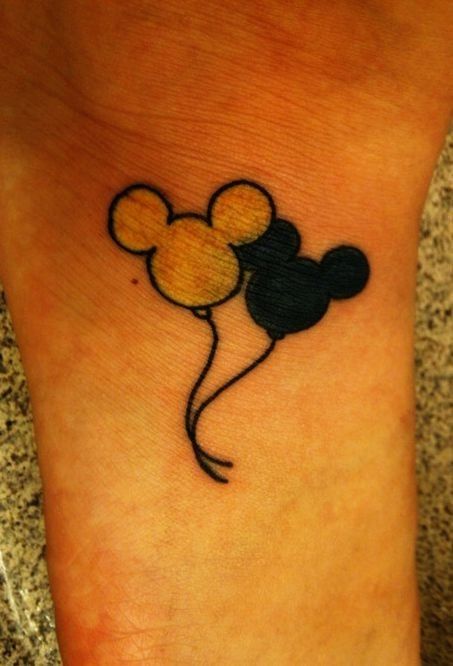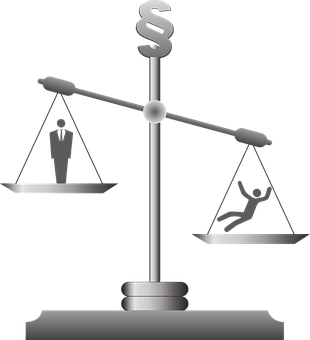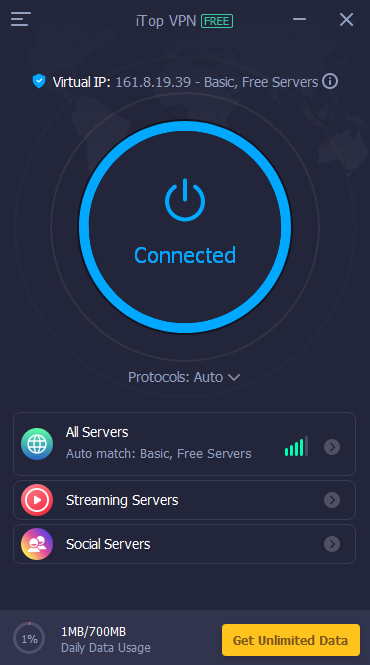Measuring and Analyzing Social Media Engagement

Are you swimming in the ocean of social media metrics but finding it hard to catch the right wave of engagement, right? Ever wondered how to gauge the real impact of your social media presence? Well, in such a dynamic landscape, understanding the conversation around your brand can seem perplexing and even daunting. This blog will help you to effectively measure your social media engagement and decipher the analytics. So, let’s discuss in details:
Why Is It Important to Measure Social Media Engagement
Here’s why it’s so important:
- Boost Brand Awareness: High engagement levels increase the visibility of your posts, pushing them to appear in more feeds and thus, expanding your reach. It’s like a snowball effect; the more people engage, the greater your content’s visibility, leading to even more engagement – and the cycle continues.
- Provides Valuable Insights: This can help them better understand how to craft messages that resonate with target audiences and improve customer service initiatives.
- Builds Community: When people engage with your content, they’re not just followers; they become part of your brand’s community, contributing to discussions and sharing their own stories.
- Increases Brand Loyalty: By understanding what customers are talking about and engaging with, businesses can use this information to create more personalized experiences that will build brand loyalty.
- Improves Advertising ROI: Tracking social media engagement can also help businesses optimize their advertising campaigns and improve return on investment (ROI).
- Improves Rankings: The algorithms of social platforms favor content with high engagement, showing it to more people. Higher visibility translates to a higher potential for engagement.
Thus, it’s a strategic tool for understanding and enhancing your digital presence. It’s about creating a dynamic, interactive relationship with your audience.
How to Measure and Analyze Social Media Engagement
Measuring and analyzing social media engagement is a critical skill for any brands looking to reach its target audience online. By understanding their followers’ behavior, businesses can create content and campaigns that are more likely to resonate with an audience.

So, here are some key tips to measure and analyze social media engagement:
-
Determine the Key Metrics that Align with Your Social Media Goals
Your first step? Identifying key metrics that align with your social media goals. Perhaps you’re focused on expanding your brand’s reach, boosting website traffic, or building community engagement. Whatever your target, it’s crucial to have clear KPIs that directly correlate with your objectives.
-
Measure the Reach and Impressions of Your Social Media Posts
Don’t forget to measure the reach and impressions of your posts on social media. High reach and impression indicate that your content is resonating with your audience.
-
Calculate Your Engagement Rate
Engagement rates provide valuable insight into how your content resonates with your audience. To find it, simply divide total engagement (likes, comments, shares) by the total reach or followers and multiply by 100.
-
Track the CTR of Your Social Media Posts
Your Click Through Rate (CTR) is another essential metric. It provides an understanding of how many people are taking action on your content and moving closer to becoming customers.
-
Monitor Sentiment & Brand Mentions
Sentiment analysis helps you understand the emotions and opinions expressed by your audience. Brand mentions, on the other hand, can help you gauge your brand’s visibility and reputation online. So, keep a close watch on your brand mentions and the sentiment around them. This helps you gauge public opinion and respond promptly to any negative feedback.
-
Measure Time Spent on Page/Post
The longer users spend on your page or post, the more engaged they likely are. This metric gives you an insight into which content captivates your audience’s attention.
-
Benchmark Against Competitors
To truly understand your standing, benchmark your performance against your competitors and industry standards. This helps you identify where you’re winning and where there’s room for improvement.
FAQ’s
Q: What is social media engagement?
A: Social media engagement is the measure of interactions your content receives on your social media platforms. It includes things like likes, comments, shares, and clicks.
Q: How is engagement in social media measured?
Measuring engagement in social media is a dynamic process that involves a simple yet insightful formula. It’s basically the total number of interactions your content gets, divided by total number of followers, and then multiplied by 100%.
Q: What are the four key metrics used to measure social media engagement?
These four key metrics are:
- Engagement: The direct interactions with your content, such as likes, comments, shares, and clicks.
- Impressions and Reach: The total number of times your content is viewed and the potential unique viewers it could reach.
- Share of Voice: Your brand’s portion of the conversation compared to your competitors in your industry.
- Referrals and Conversions: The number of people who visited your website or completed a desired action because of your social media content.
Concluding Remarks
In conclusion, measuring and analyzing social media engagement is not just about crunching numbers. It’s about understanding the heartbeat of your online community, and effectively responding to their needs, interests, and sentiments. By gaining a deep understanding of their desires and emotions, you can nurture a more profound connection and cultivate a thriving digital community that embodies authenticity and empathy.











